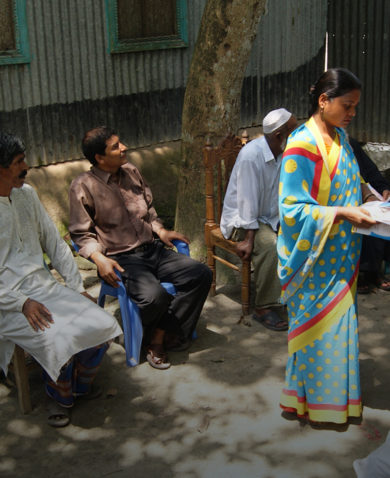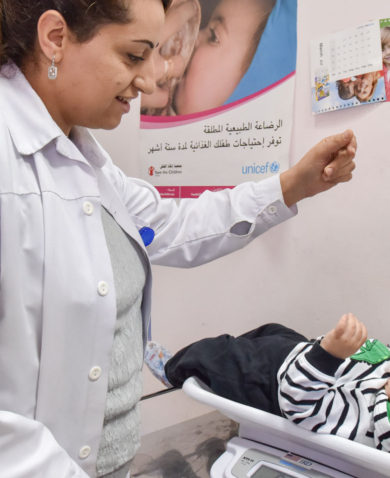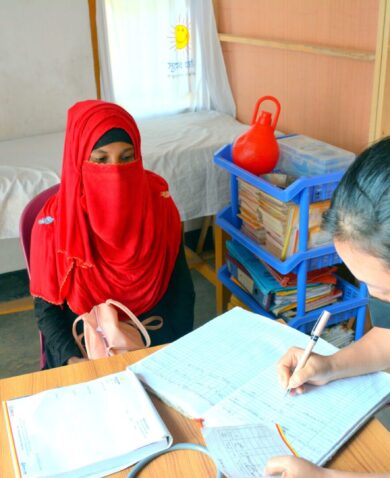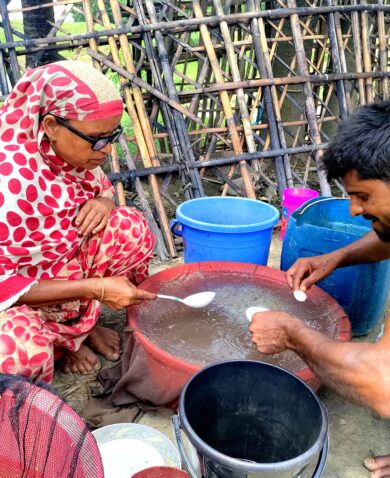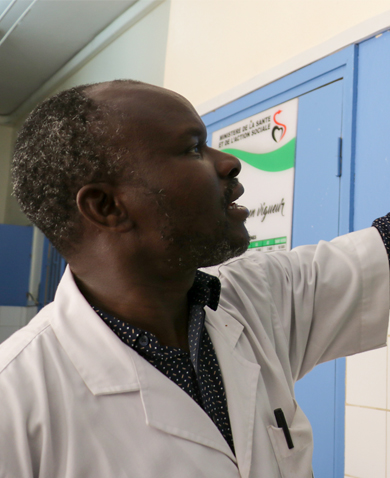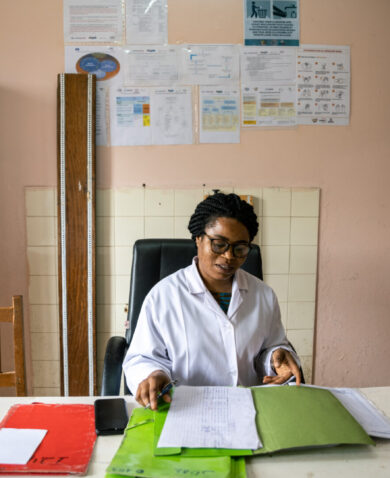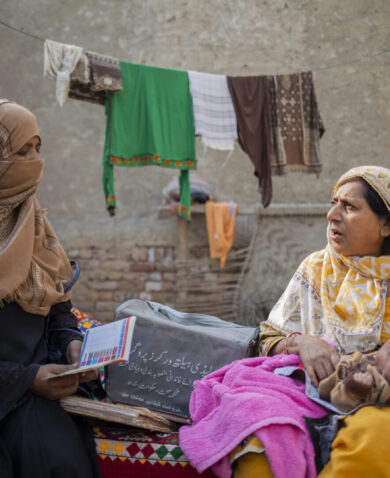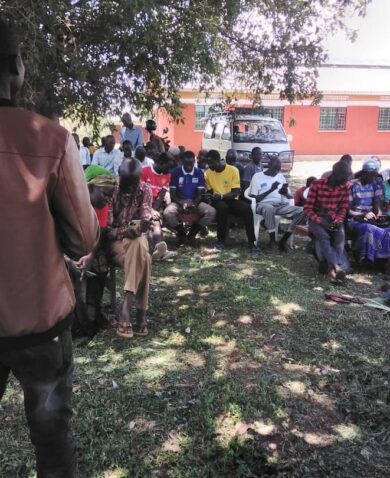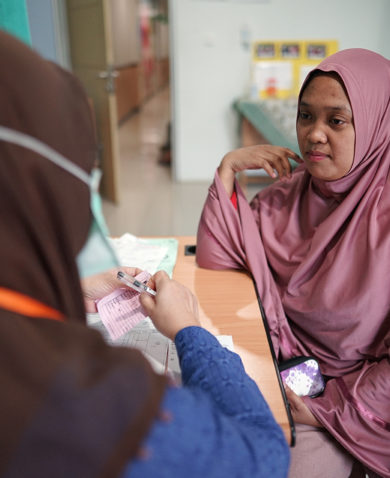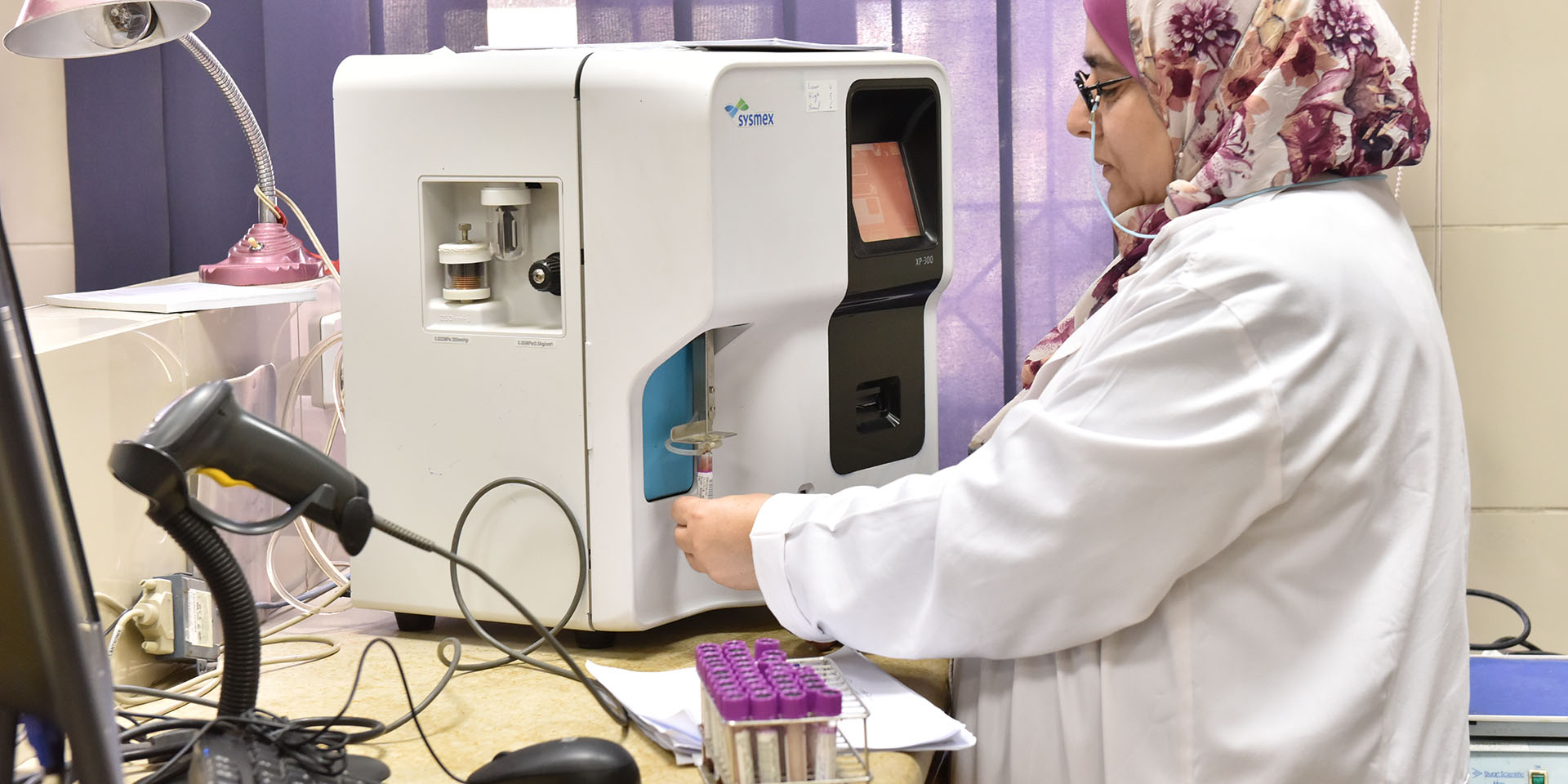
3 Questions with Hanan Zaidah: Fighting “Brain Drain” in Jordan’s Health Sector
June 22, 2016 | 3 Minute Read"Brain drain" is a problem in Jordan's health care sector, where between 2.7 and 6.8 percent of nurses leave the country every year. Hanan Zaidah of HRH2030 explores what can be done to retain these workers, who are critical to the health of Jordan's 8 million citizens.
Global health leaders have consistently identified motivation and retention of health workers as hurdles to achieving the vision of universal health coverage. In its strategic plan, the Jordan Ministry of Health suggests that 2.7 percent of doctors and 6.8 percent of nurses leave the country every year. What issues do you believe have the most impact on health worker retention in Jordan?
Retention factors in Jordan are undoubtedly country-specific; significant numbers of health workers are moving to the Gulf countries. This migration is motivated by several things, including higher compensation and better working conditions. The perception is that Jordan’s public health sector, with its limited resources, cannot compete with the Gulf. Also, the Syrian refugee influx and the increase in the Jordanian population have not been accompanied with expanding services to meet the increasing demand. This compounds the problem by creating a stressful environment for public sector health workers who face increased workloads and reduced morale.
In Jordan evidence suggests that there is a fair amount of “brain drain” that occurs when health workers in the public sector move to the private sector. What strategies might the public sector employ to combat this phenomenon?
Though based on anecdotal data, lack of professional development opportunities and performance management issues are core factors that are widely blamed for workers leaving the public sector to work in the private sector. The Ministry of Health should consider the implementation of a fair and equitable performance management system, which could potentially reduce annual turnover of physicians from 2.7 to 2 percent. Such an approach would create the opportunity for a more supportive work environment, linking supervision to career advancement and promotion, re-licensure, certification, and continuing professional development. The Ministry of Health could also review and approach the financial incentive system for employees, while exploring a non-financial incentive system.
In support of the Ministry of Health, the HRH2030 activity in Jordan is conducting research that will conclusively identify factors impacting health worker motivation and retention. The results will inform actions to improve the ministry’s performance management, opportunities for professional development, and incentive systems. Specifically, we are helping the ministry establish a supportive supervision system for its primary health care facilities and introducing the use of performance appraisal tools. We are also exploring a web-based professional and medical educational program with Arizona State University that would provide unique self-learning opportunities for health workers seeking certification or further career development.
Retention of female staff, especially in Jordan’s remote areas, has been identified as a challenge. What is the HRH2030 activity in Jordan doing to attract female health workers to rural areas and to keep them there?
Anecdotal information from Ministry of Health officials points to poor working conditions, noncompetitive pay, lack of incentives, limited training and career development opportunities, and unclear deployment procedures as factors contributing to low enrollment and retention of female health workers, especially in rural areas. Social barriers are also believed to play a role. Rural areas, for example, tend to be more conservative, and schools there don’t offer the same quality of education as those in urban areas. For the worker and for her family, this makes a difference.
HRH2030 is conducting research to help Jordan’s public health sector gain a clearer understanding of the driving forces and constraints that affect enrollment and retention of female workers in the Ministry of Health system. This understanding can be used as a guide for policies and possible interventions related to recruitment, distribution, retention, and motivation of the female health workforce. A potential strategy is the previously mentioned web-based medical and nursing educational program. While the entire health workforce can benefit, such a program would present an exceptional opportunity for women to fit their learning and career development around their work and home lives.
HRH2030 supports countries in developing the sufficient, fit-for-purpose and fit-to-practice health workforce needed to end preventable child and maternal deaths (EPCMD), achieve an AIDS-free generation (AFG), protect communities from infectious diseases (PCID), achieve the Global Health Security Agenda (GHSA), and reach the goals of Family Planning 2020 (FP2020). The program is funded by USAID and the U.S. President’s Emergency Plan for AIDS Relief (PEPFAR).









